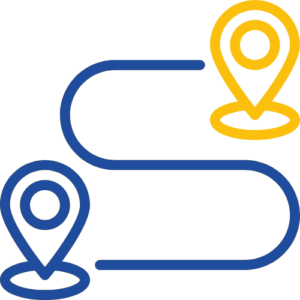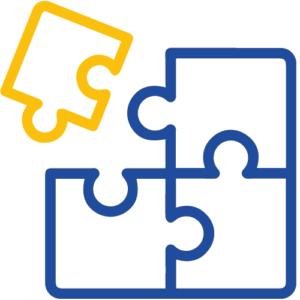Finding the right way to deal with debt can feel overwhelming, but you don’t have to face it alone. Debt solutions can help you manage, reduce or, in some cases, write off what you owe, depending on your financial situation.
We offer free and confidential debt advice at any time, day or night. Our online tool gives a personalised recommendation instantly, or you can contact our expert debt advisors via phone, webchat, WhatsApp or email. Getting debt advice won’t affect your credit score.


